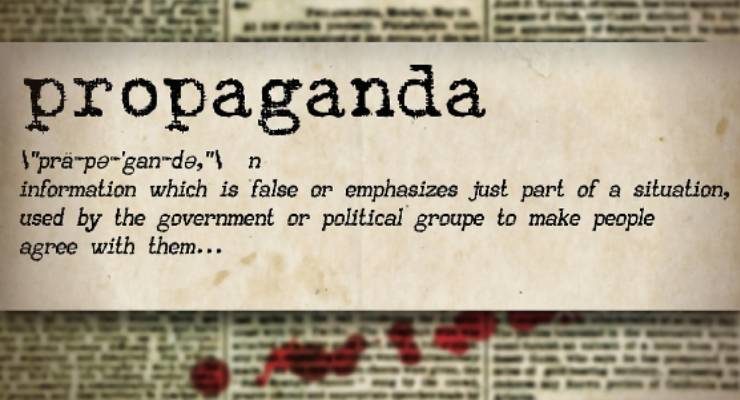Misinformation, disinformation, propaganda — the terms are thrown around a lot but often used to describe the same general trend toward conspiratorial thinking that spread from the post-Soviet world to the West over the past two decades. Peter Pomerantsev had a front seat to this shift and is one of the people trying to figure out how to make the Internet more democratic and combat disinformation from both the supply side and the demand side.
These issues came to a head in the United States last week as Liz Cheney was removed from her leadership position in Congress for not pledging her support to the lies surrounding a rigged 2020 election. Michael and Chris begin with a discussion of this dynamic before the interview.
Pomerantsev is a senior fellow at the London School of Economics and the SNF Agora Institute at Johns Hopkins University. He is the author of This is Not Propaganda: Adventures in the War Against Reality and Nothing is True and Everything Is Possible: Adventures in Modern Russia. He has a forthcoming project with Anne Applebaum that will examine why people believe in conspiracies and how to create content that fosters collaboration, rather than sows division.
Additional Information
This is Not Propaganda: Adventures in the War Against Reality
How to Put Out Democracy’s Dumpster Fire – article with Anne Applebaum in The Atlantic
Related Episodes
A path forward for social media and democracy
Can pranksters save democracy?
How conspiracies are damaging democracy

Steve Schneider says
Thank you for this very important submission. It is extremely important as the attempts to spread lies, misinformation, disinformation seem to be increasing.